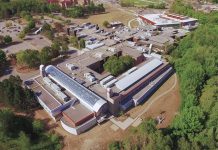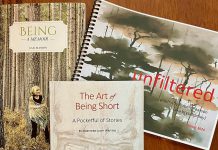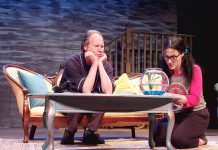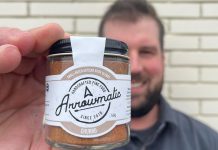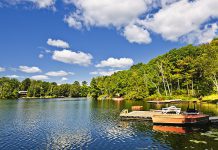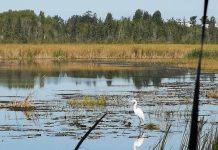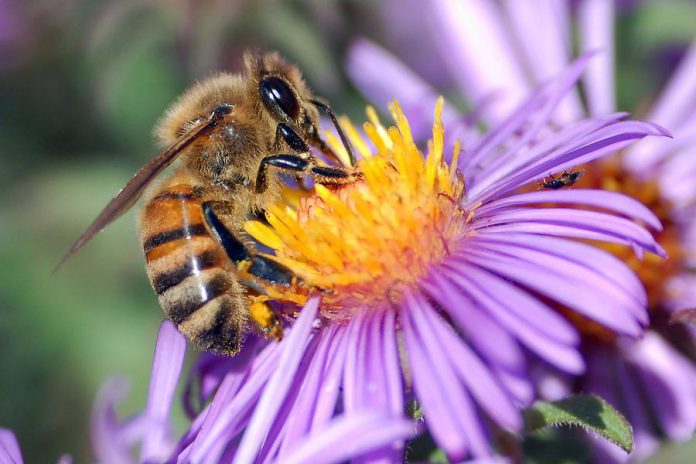
Starting July 1st, Ontario will be the first jurisdiction in North America to protect bees and other pollinators through new rules to reduce the number of acres planted with neonicotinoid-treated corn and soybean seeds by 80 per cent by 2017.
To support this goal, new requirements will be put in place for the sale and use of neonicotinoid-treated corn and soybean seed that will help ensure treated seed is only used when there is evidence of a pest problem. Reducing neonicotinoid use in these two crops presents the greatest potential to reduce pollinator exposure to the neurotoxic insecticide.
Pollinators — including bees, birds, and butterflies — play a crucial role in agriculture and our ecosystem. Over the last eight years, Ontario beekeepers have experienced unusually high over-winter losses of honeybees, reaching 58 per cent following the winter of 2013-14. The level of over-winter losses considered to be acceptable and sustainable by most apiculturists is 15 per cent.
While bees are important to the agriculture industry, they’re also common visitors to backyard gardens. These very gardens, if they contain plants purchased from many large retail garden centres, could in fact be killing or harming the bees that visit them.
A 2014 study that was released by Friends of the Earth Canada shows that over half of “bee-friendly” plants sold at garden centres have been pre-treated with neonicotinoid pesticides shown to harm and kill bees.
The Canadian data is part of a larger study, which was released by Friends of the Earth Canada and Friends of the Earth U.S. in conjunction with Pesticide Research Institute.
The report found that 51 per cent of the total samples contain the bee-killing neonicotinoids. Some flowers contained neonic levels high enough to kill bees outright, assuming comparable concentrations are present in the flowers’ pollen and nectar.
Another negative implication of having the neonics applied to plants sold at many commercial garden centres is that fact, according to the co-author of the report Timothy Brown, the pesticides don’t break down quickly.
“These flowers could be toxic to bees for years to come,” Brown said.
What can you do to help prevent bees from ingesting these lethal chemicals? Buy organically grown plants, or purchase your plants from a nursery or other retailer that doesn’t carry nursery stock that’s treated with pesticides. Plants purchased from GreenUP Ecology Park are free of pesticides and thrive in our climate.
Another great step is to make your backyard bee-friendly. Research plants that bees and other pollinators are attracted to and add a pollinator garden to your landscape.
The key to a pollinator garden is to use as many native plant species as possible. These plants have evolved closely with our native insects (including bees) and are well-suited to meet their needs. When choosing plants, look for older varieties, avoiding double blossoms or hybrids, which may look attractive but sometimes lack accessible nectar or pollen for insects or other animals.
What Happens If All The Bees Die?
We need to start thinking beyond honeybees. Canada is home to hundreds of species of bees that come in all shapes in sizes. Some of these species live above ground and some live below, but all need our help.
Trumpet or cup-shaped flowers such as cardinal flower, honeysuckle, and bee balm, attract a wide range of bees and other pollinators. Those with shorter tongues, such as small native bees and wasps, feed on tightly packed clusters of small flowers, such as those found on milkweed, zinnia, or phlox.
If you want to learn more about attracting pollinators to your backyard, GreenUP Ecology Park is hosting a pollinator garden workshop this Saturday (June 20th) from 1 to 3 p.m. at the Park.
Led by park manager Marcy Adzich, you’ll be taken on a tour of the park’s many pollinator-friendly gardens, learn about some of the pollinators that call our region home, and even construct a simple “insect hotel” for your own garden.
This is also a great time to shop for native plants and wildflowers at the park, and get expert advice from the park’s garden gurus as to which plants will fit best with your own landscape.
If you’d like to participate in the workshop, send an email to workshops@greenup.on.ca to confirm your attendance. The workshop fee is $10, which helps to cover material costs and also supports the on-going work at the park.




